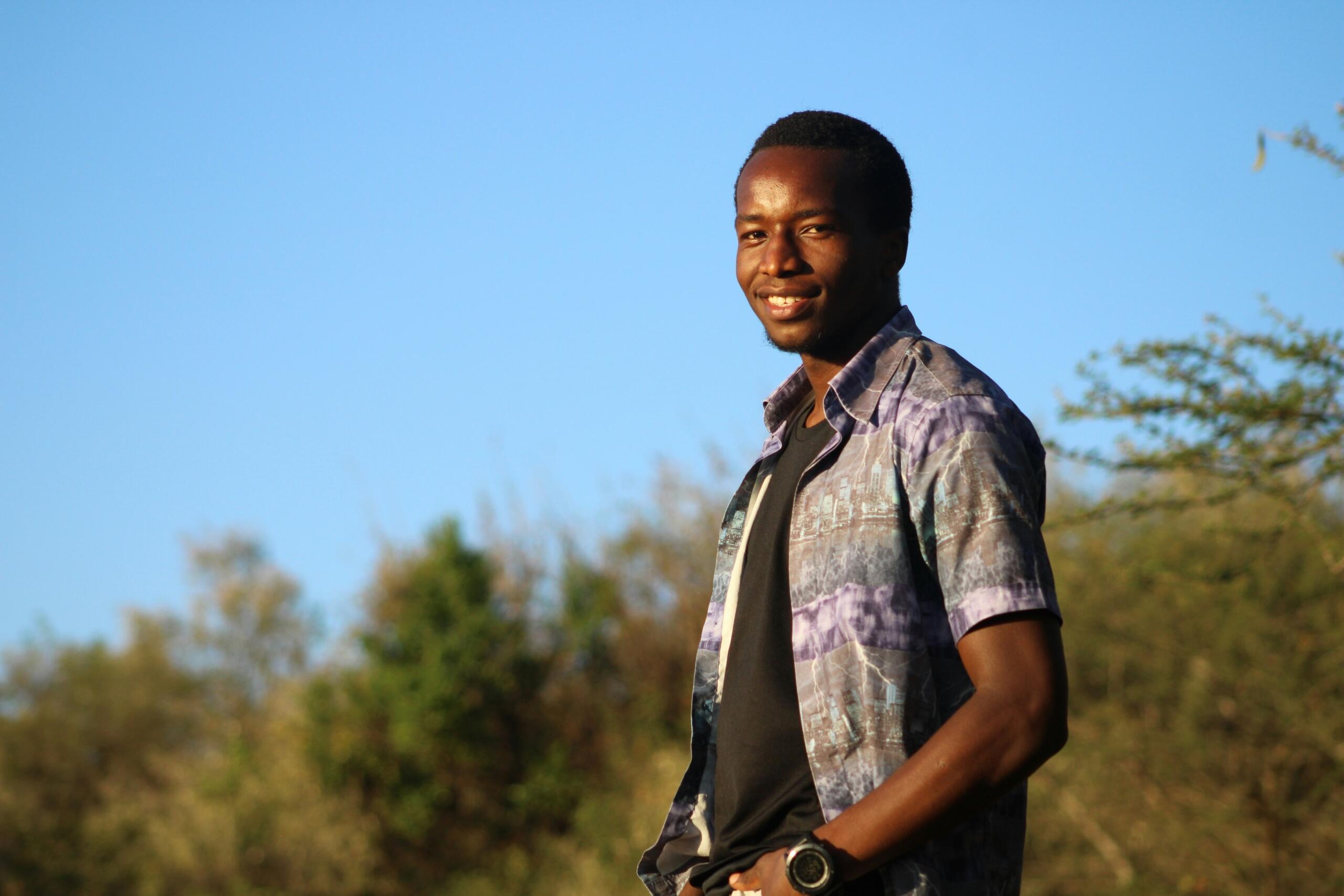Tutoring is not about fixing what's broken; it's about nurturing what's already there.
Anonymous
Many schools in South Africa prioritise English as the main medium of instruction, even though learners speak isiXhosa, Sepedi, or Tshivenda at home. If you are one of those parents who want your children to have access to both their heritage and the skills they need to thrive academically, searching for extra resources is likely one of your priorities.
The good news is that the BELA Act1 has brought new energy to this debate. By placing more emphasis on mother tongue education as well as officially recognising South African Sign Language, the legislation highlights the importance of learning in a language that feels natural. Of course, policy alone does not close the gaps. Learners need practical support. They need tools, tutors, and safe spaces where they can thrive in their languages while mastering English. Fortunately, the landscape is changing, and now, more than ever there are options for parents and learners who want to embrace bilingual or multilingual learning.
Want to give private lessons?
Join the Superprof community and share your knowledge with inquiring and motivated students.
Finding Accessible Teaching Materials
If you search teaching resources South Africa, you should be hoping to find the lifeblood of effective learning. A child in Umlazi simply cannot progress in isiZulu if there are no suitable storybooks at their level. A teenager in Khayelitsha will struggle with history assignments if resources in Xhosa are hard to find. And a Grade 12 learner in Pretoria preparing for Afrikaans literature exams cannot shine without updated guides.
The BELA Act recognises this gap and encourages schools to widen access. Yet, for many families, the real work begins outside the classroom when parents search for resources in Zulu or isiXhosa to reinforce what is taught at school
For children who may not have Wi-Fi at home, schools and public libraries remain an important pillar of education. The Johannesburg City Library, for example, has expanded its multilingual collections to better support Xhosa language learning and Sesotho readers. These steps matter, but more is needed to ensure that no child feels excluded from education because of their mother tongue.

Tutors Who Act As Bridges in the Learning Journey
Another reason you may be searching for teaching resources is due to the challenge of overcrowded classrooms. Teachers with forty or fifty learners cannot always provide the personalised attention that is necessary for bilingual development. This is where private tutors become invaluable.
Tutors bring flexibility and empathy into the learning process. In Soweto, for example, an isiZulu tutor might explain science concepts first in the learner’s home language before helping them translate ideas into English. In Paarl, Afrikaans tutoring can mean guiding a learner through grammar drills while also making room for creative writing. Both approaches serve the same purpose: building confidence across two languages.
For families who want to explore Xhosa language learning, tutors can be especially powerful. Many parents may not speak isiXhosa fluently themselves, but with a tutor who is patient and knowledgeable, the learner is encouraged to develop pride in their heritage. There is no doubt the BELA Act has raised awareness about the importance of mother tongue education, and tutors are now in high demand because they offer what many schools cannot: consistent, one-on-one support tailored to the learner’s needs.
Where to Find Reliable Tutors
So, how do parents find tutors they can trust?
Fortunately, several databases and platforms exist to connect learners with qualified professionals. Universities in Cape Town, Durban, and Pretoria often run language support programmes where students offer tutoring in exchange for experience. In addition, community centres in places like Tembisa and Mitchells Plain sometimes host after-school sessions that combine homework help with local language support.
Online directories are another valuable resource. Superprof, for example, has built a reputation as one of the most accessible tutoring platforms in the country. A quick search on Superprof shows hundreds of profiles offering Afrikaans tutoring, resources in Zulu, and even specialised Xhosa language learning. As a parent, you can browse reviews, compare qualifications, and select tutors who fit your child’s learning style.
Want to give private lessons?
Join the Superprof community and share your knowledge with inquiring and motivated students.
Online Versus In-Person Tutoring
As the use of technology continues to explode, families often wonder whether online or in-person tutoring is better. The answer depends on context. In Sandton, where fibre connections are common, online sessions can be convenient and efficient. A learner can log in after school, meet their tutor on Zoom, and complete assignments with minimal travel. In this setting, Afrikaans tutoring online is just as effective as meeting face-to-face.
In rural areas, however, connectivity can be a barrier. In Limpopo or parts of the Eastern Cape, learners often benefit more from in-person tutoring where lessons are not interrupted by load shedding or patchy internet. This face-to-face model also builds relationships and can be especially meaningful for younger learners who need encouragement and personal interaction.
Blended models are also popular. For instance, some learners meet their tutors once a week in person and then use WhatsApp voice notes to practise vocabulary in between. This combination reduces costs while still maintaining a personal connection. The flexibility of online platforms and the warmth of in-person sessions can together make a powerful difference.

Choosing Resources for Beginners and Advanced Learners
Another important consideration is the level of the learner. For beginners, it is vital to start with simple, engaging tools. Picture books in isiZulu or isiXhosa, vocabulary apps, and music-based learning resources are especially effective for children in early grades. As a parent have you noticed how quickly young learners respond when they hear familiar songs or folktales in their home language? Resources in Zulu, for example, often draw from rich oral traditions that make learning lively and memorable.
For advanced learners, the approach must shift. High school students all across the country who are preparing for final exams require structured materials such as past papers, grammar guides, and literary analysis. Here, Afrikaans tutoring often focuses on mastering complex sentence structures and essay writing, while Xhosa language learning at higher levels involves deeper engagement with literature and cultural history.
Does this sound overwhelming?
It need not be with the right tutor on your side. Tutors play a crucial role in selecting the right resources. By assessing where a learner is in their journey, they can recommend whether a Grade 6 learner should spend more time on interactive apps or whether a Grade 12 student needs intensive exam practice. This guidance can help your child to progress without feeling overwhelmed or discouraged.
The Role of Superprof in Expanding Access

Superprof deserves special mention because of its growing role in South Africa’s tutoring ecosystem. For many parents, it has become the first stop when looking for subject-specific or language-focused support. Its wide range of profiles means that learners everywhere from Polokwane to Port Elizabeth can find tutors for Afrikaans tutoring, resources in Zulu, or dedicated Xhosa language learning.
One of the things that sets the platform apart is its accessibility for all budgets. Not only that, but many tutors also offer their first lesson free, which can help test whether the learner-tutor match is right before committing. The BELA Act has already increased demand for local language support, and platforms like Superprof are stepping in to meet that demand by connecting learners to the right people.
In the long run, a network of tutors like this could help close the resource gap. By trading in your search for teaching resources South Africa with personalised support, Superprof and similar platforms are making sure that learners have the confidence to succeed in both indigenous languages and English.
Looking Ahead: A Multilingual Future
The story of language in South Africa has always been one of resilience and adaptation. While English remains dominant in higher education and business, there is a growing recognition that indigenous languages must not be sidelined.
The BELA Act is a step in the right direction, but true transformation depends on what happens in homes, classrooms, and tutoring sessions across the country.
When a child in Durban learns new words from resources in Zulu, when a teenager in Cape Town benefits from Afrikaans tutoring, or when a learner in East London proudly engages in Xhosa language learning, these are not small moments. They are signals of a broader cultural shift, one that values every language equally.
The path forward is both clear and exciting. By researching the best teaching resources in South Africa and encouraging tutors to step into the gaps, we can create an education system that mirrors the diversity of our nation. Learners will not only pass exams, but they will also grow into confident adults who see their languages as assets.
Ultimately, local language tutoring is more than academic support. It is an act of cultural pride, a tool for building identity, and a way of ensuring that every child’s voice is heard. If we continue to support this movement, the next generation will not have to choose between their mother tongue and their future. Instead they will carry both with pride.
References
- The Basic Education Laws Amendment Act 32 of 2024, https://www.gov.za/documents/acts/basic-education-laws-amendment-act-32-2024-english-afrikaans-16-sep-2024
Want to give private lessons?
Join the Superprof community and share your knowledge with inquiring and motivated students.
Summarise with AI:





